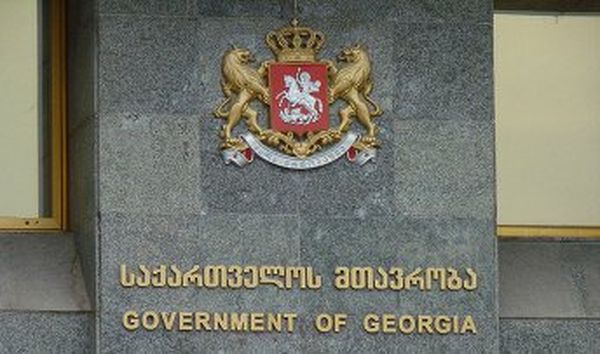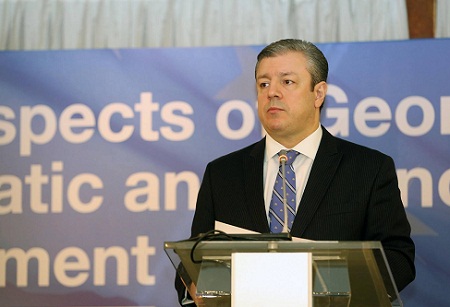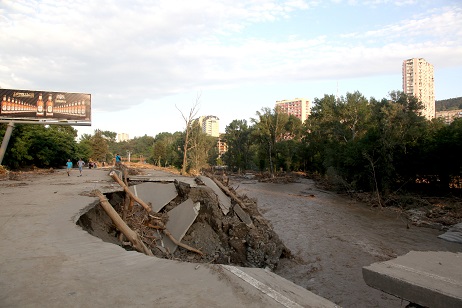Georgian government creates the Council for State Security and Crisis Management

Upon the Georgian governments decision, the Council for State Security and Crisis Management was set up. The council is an advisory board for Prime Minister Garibashvili and is under his direct subordination. Accordingly, the Prime Minister is the head of the Council.
The council is composed of the following members: Secretary of the Council; Minister of Internal Affairs of Georgia; Minister of Defense of Georgia; Minister of Foreign Affairs of Georgia; Minister of Finance of Georgia.
"No such structure has existed in the country until recently. Creation of the State Security and Crisis Management Council is based on the experience of the partner countries such as US, GB, and Israel. The Council will work on the issues of domestic and foreign state security policy and strategic issues of ensuring stability and rule of law. Making political decisions to manage all types of crisis situations containing a high risk of the danger to the state interests will be the field of the Councils work," reads the statement of the Government of Georgia.
Mindia Janelidze, 35, is appointed as the head of the council. According to the governments press office, Janelidze graduated from Academy of the MIA with specialization in counterintelligence agent/lawyer. He has received additional special education abroad according to the Government statement.
Janelidze started his career at the Intelligence Department of the MIA and has been working in various positions since then. He served as a Head of the Operative Service department first and then as the head of the Counterintelligence Department of MIA since 2012. Mindia Janelidzes military rank is a Vice Colonel and has received the Medal of Honor and departmental award for "high professionalism. He speaks English, Russian and Turkish languages. Janelidze is married with a wife and two children.
The Crisis Management Operative Center, recently set up by the PM, also will be under subordination of the State Security and Crisis Management Councils secretary. However, during the crisis situations such as interference with national security, internal political destabilization or natural disasters, the center moves under the direct subordination to the PM.
 Tweet
Tweet  Share
Share

